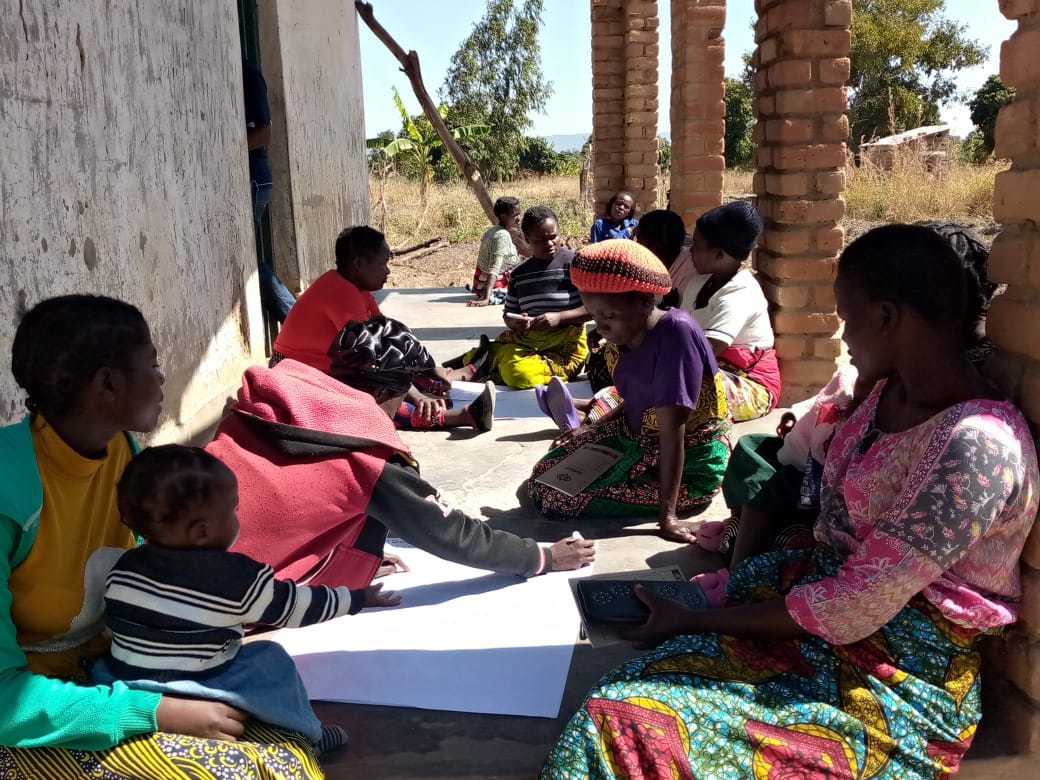Mother Care Groups in Mchinji Receive Training, Face Transport Challenges
MHEN reports having 281 mother care groups and 30 mother groups in Mchinji, with the refresher course targeting 12 groups.
MCHINJI, Malawi — The Malawi Health Equity Network (MHEN), in collaboration with the Center for Research and Development Initiative (CERAD) and the Ministry of Health, concluded a series of training sessions for Mother Care groups in Mchinji on June 28, 2024, writes Moses Chilumpha.
Carolyn Kassam, board chairperson for MHEN, praised the success of the trainings and highlighted the groups' advocacy efforts.
"Tikondane mother care group, for instance, has managed to secure a refrigerator to keep vaccines so that the community doesn't travel long distances for vaccination," Kassam said.
“They have also managed to lobby for funds from the councilor to renovate the health surveillance assistant's house."
Despite these achievements, Kassam noted that transportation remains a nationwide challenge due to limited donor funding and resources.
"We only provide two push bicycles for mother care group leadership, but they have large areas to cover," Kassam explained.
"All this is due to lack of enough funding, but we appreciate the effort our groups are making regardless of this major challenge."
Group Village Headman Bernard Banda of Kantibinya echoed these concerns, adding that the Tikondane group also faces issues with uniforms for identification.
Anjella Lungu, chairperson for the Tikondane women care group, expressed gratitude for the training.
"We are excited to have this training after a long time. We have been refreshed, and the knowledge acquired today will help us a lot in our day-to-day activities," she said.
MHEN reports having 281 mother care groups and 30 mother groups in Mchinji, with the refresher course targeting 12 groups.
These groups, established in 2020, operate in hard-to-reach areas across the country.
The training sessions underscore the ongoing efforts to improve maternal and child health in rural Malawi, while highlighting the persistent challenges faced by community health workers in resource-limited settings.




